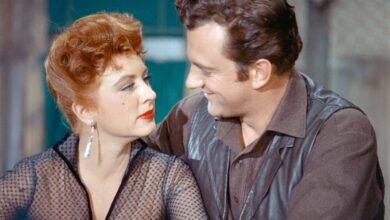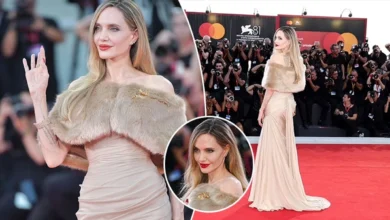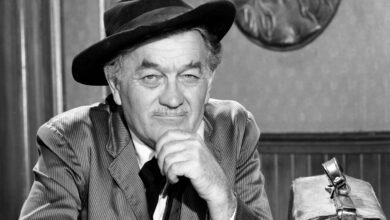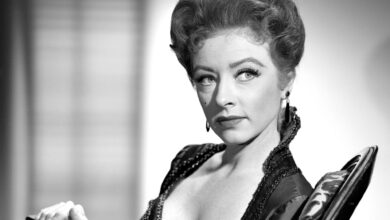Netflix’s New True-Cr.ime Series Is Shocking Viewers Worldwide — A Harrowing Real Story of Betra.yal, Injustice, and Unbelievable Courage
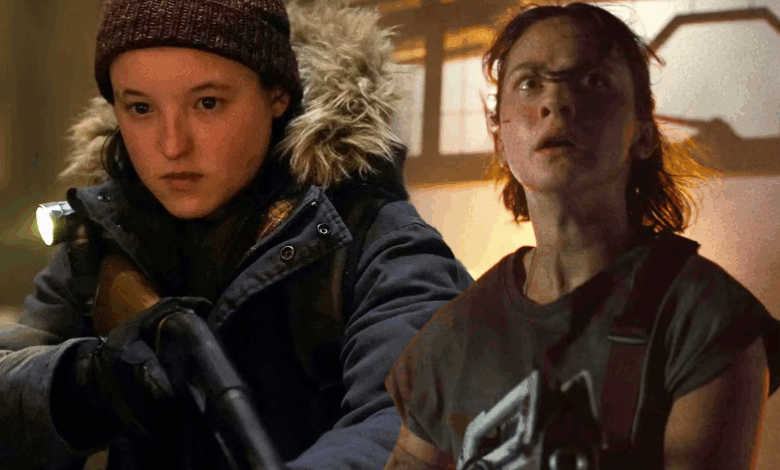
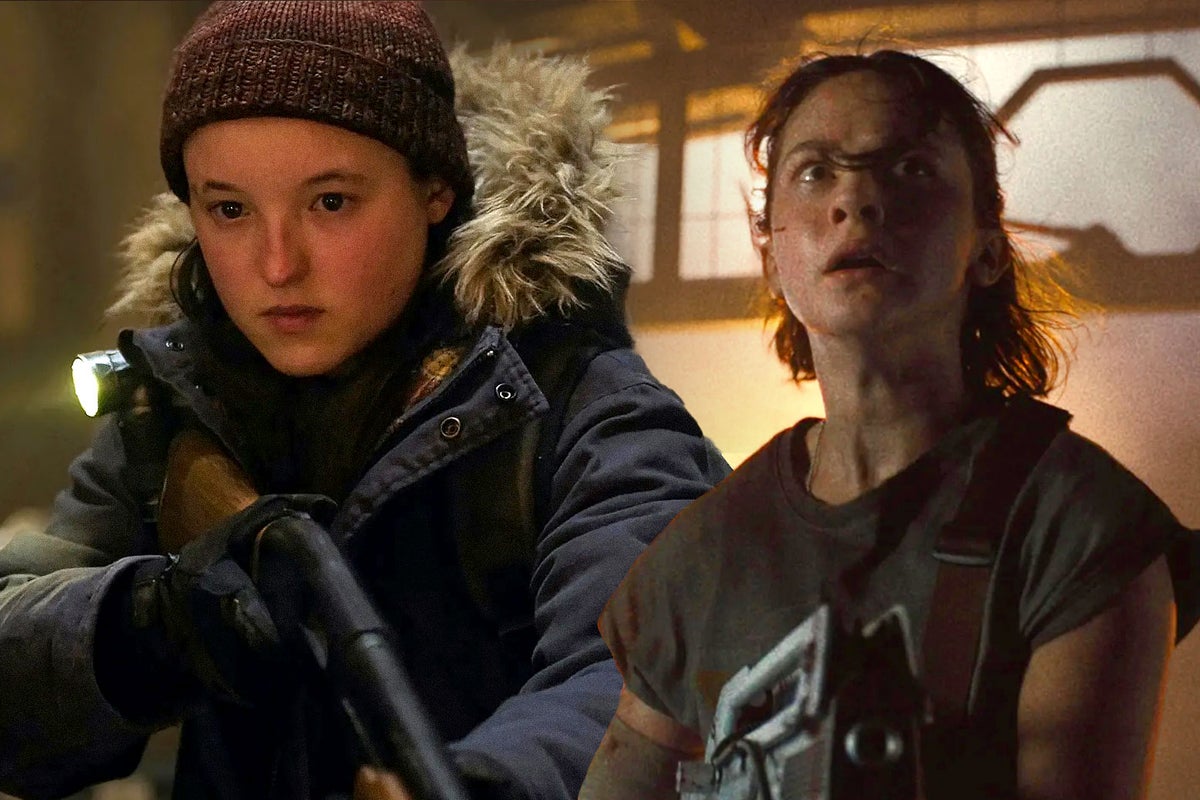
LOS ANGELES, Sunday — By almost every critical and commercial metric, HBO’s adaptation of the video-game phenomenon The Last of Us is a triumph. The series has earned Emmy nominations, glowing reviews from the most traditional of critics, and a fervent new audience that had never touched a controller. Yet beneath the accolades runs an uglier subplot: a corner of the fan base has directed its anger not at the show’s writing or pacing, but at its young star, Bella Ramsey.
A Triumph Overshadowed by Online Noise
When The Last of Us premiered in 2023, viewers praised its emotional storytelling, visual scope, and the chemistry between Pedro Pascal’s weary smuggler Joel and Ramsey’s fierce teenage survivor Ellie. For most, the show delivered what gamers had dreamed of for a decade: a faithful yet elevated translation of one of the medium’s most acclaimed stories.
But on social platforms, a faction of self-appointed purists latched onto one grievance — that Ramsey “doesn’t look enough like Ellie,” the digital character introduced in the 2013 PlayStation classic. The complaint, superficial on its face, soon spiraled into personal attacks and viral posts dissecting the actor’s face, body, and even mannerisms.
Industry observers were baffled. “It’s the dumbest controversy possible,” one veteran critic noted. “We’re talking about an Emmy-caliber performance, and people are arguing about cheekbones.”
Who Is Bella Ramsey?
For those unfamiliar with gaming’s obsessive corners, the backlash seemed incomprehensible. Ramsey, 21, is a trained British actor whose breakout came as the ferocious Lyanna Mormont in Game of Thrones. Casting directors knew Ramsey could project vulnerability and steel in equal measure — the very duality that defines Ellie.
Showrunners Craig Mazin and Neil Druckmann (who also co-created the original game) defended the choice from day one. “We weren’t looking for someone who looked like the character,” Mazin said at the time. “We were looking for someone who could be the character.”
Audiences who actually watched the series largely agreed. Ramsey’s performance — a mix of teen sarcasm, grief, and moral confusion — became one of the show’s emotional anchors. Critics compared it to early Natalie Portman or Jodie Foster: intense, unvarnished, impossible to ignore.
The Culture-War Reflex

So why the outrage? Experts point to a broader pattern within fandom culture, where online ownership of beloved properties can morph into hostility toward creative deviation.
“People feel like the story belongs to them,” says media scholar Dr. Tessa Nguyen of UCLA. “When adaptation choices disrupt their mental image, they react as if something sacred has been violated. Social media amplifies that possessiveness and rewards outrage.”
The Ramsey backlash, she notes, follows a familiar path: the initial complaint (appearance) becomes a vessel for unrelated grievances — gender norms, nostalgia, and gatekeeping within male-dominated gaming circles.
Indeed, much of the noise came from accounts that have previously targeted other female or non-binary performers. Ramsey, who has publicly described themself as gender-fluid, became an easy lightning rod for culture-war commentators seeking clicks.
Meanwhile, the Show Soared
Offline, The Last of Us shattered HBO viewing records and earned near-universal acclaim. The episode “Long, Long Time,” centered on a decades-long love story between two men, was hailed as one of television’s best hours of the decade.
When awards season arrived, the show collected 24 Emmy nominations, including Outstanding Drama Series and acting nods for both Pascal and Ramsey. Even gaming fans who had doubted the adaptation were forced to concede its success.
Still, every trailer for Season 2, premiering this Sunday, rekindles the same corners of online complaint. Threads comparing screenshots of the video-game Ellie to Ramsey’s face pop up like weeds, accompanied by predictable vitriol.
A Performer Unmoved
Ramsey has handled the noise with striking composure. “You can’t listen to people who don’t want to see you succeed,” they told GQ last year. “If you try to please everyone, you end up pleasing no one.”
Co-star Pascal has been even blunter, calling Ramsey “the heartbeat of the show.” Cast and crew say the actor’s off-screen warmth mirrors Ellie’s mixture of toughness and compassion. “Bella walks onto set and everyone stands a little taller,” Mazin said recently. “That’s leadership.”
The Bigger Picture
The fury over physical resemblance might seem trivial, but it reveals the growing tension between art and audience in the age of perpetual online discourse. Fandom can unite millions — or turn toxic when entitlement overrides empathy.
As one long-time gamer wrote on Reddit after binge-watching the series: “I thought I wanted Ellie to look like the game. Turns out I just wanted to feel like the game — and Bella gave me that.”
With Season 2 set to explore darker chapters of the story, Ramsey’s Ellie will again face impossible choices. The same might be said of the fandom: to keep nitpicking pixels, or to appreciate the human being breathing new life into them.
The Last of Us — Season 2 premieres Sunday at 9 p.m. ET on HBO and Max.
